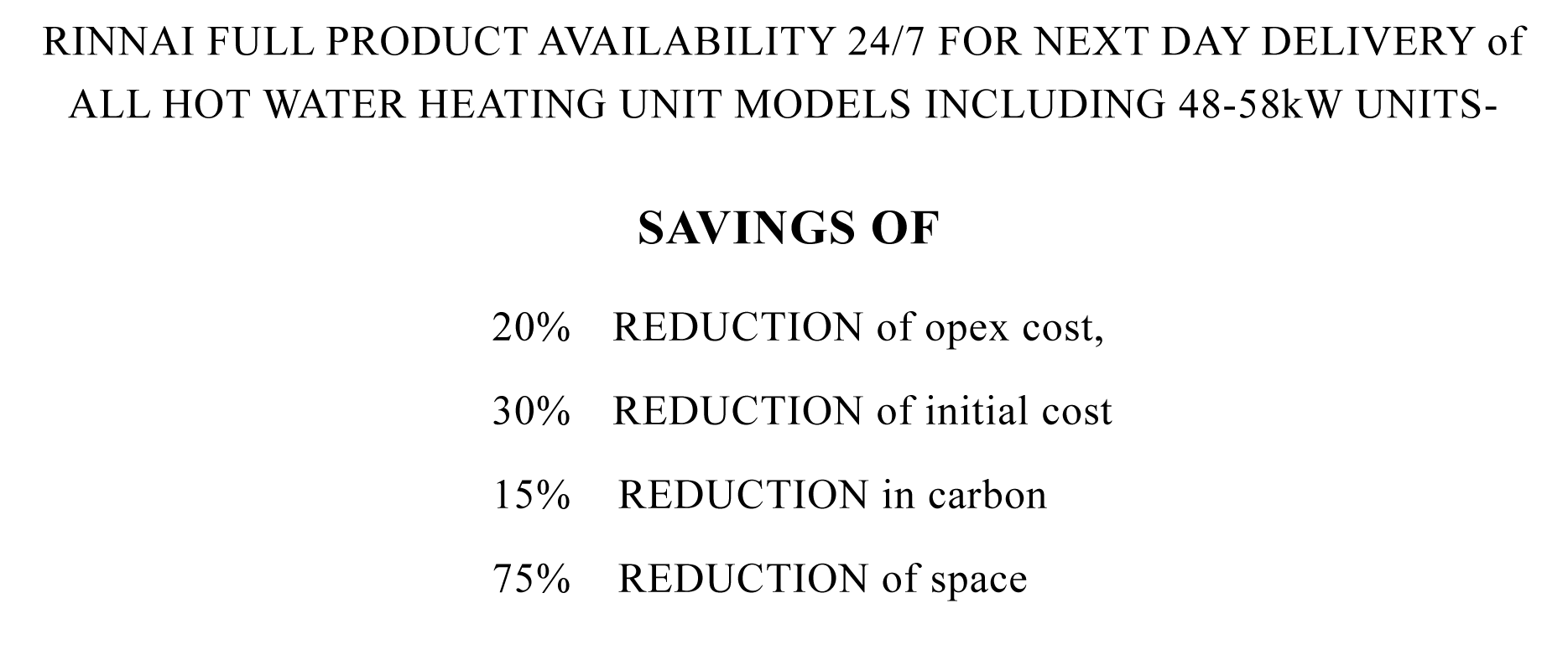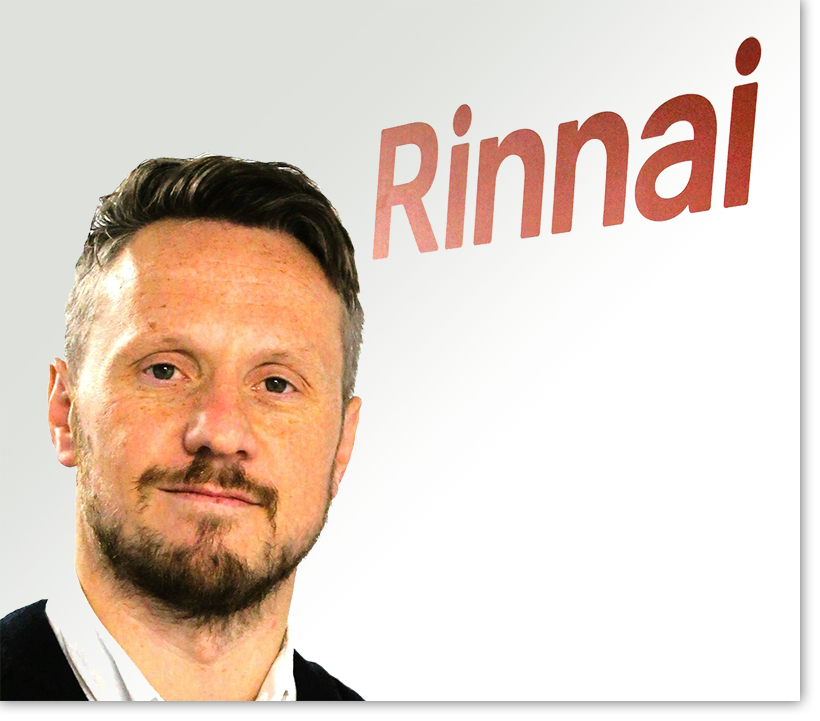Chris Goggin looks at water neutrality and the ways in which its influence will be felt across the construction and HVAC industries.
Water neutrality will become a better recognized term as localised construction projects could become cancelled due to issues relating to local water supplies.
‘Water neutrality’ aims to ensure that when new building developments are planned and completed that there is no dramatic increase in water consumption in the surrounding area. It is planned in to achieve this aim by reducing water use, reusing water, and offsetting water demand.
To learn more about water neutrality take part in our popular free water neutrality CPD
*places are limited so book today CLICK HERE
Property construction as well as the HVAC industry is now open to a new field of criteria that could affect a new project’s viability. This new challenge is ‘Water Neutrality’ and specifically relates to the construction of developments that do not increase the amount of water being extracted from local water supplies.
An increasing population and more instances of climate change induced UK drought has created the conditions for water neutrality to become a concern for local district councils planning new construction projects. As demand for water and housing intensifies real concern is now being expressed regarding localized water supplies.
West Sussex County Council has enforced a set of measures on property developers that protect local biodiversity and natural water supplies. The West Sussex County Council’s website provides information for individuals interested in constructing property. That information reads as:
“Development proposals within the zone area that would lead to an increase in water demand will need to demonstrate and robustly evidence ‘water neutrality’.
- You will be required to supply a water neutrality statement with your planning application which:
- confirms that there would be no increase in water consumption, for example, through a combination of water efficiency, water recycling and offsetting measures
- includes a water budget showing details of the baseline and proposed water consumption, any mitigation measures proposed and mechanisms to secure them in advance of occupation or use”
A water neutral development may also have to add measures to buildings such as roof-based rainwater collection and smart meters that inform occupants of ideal water consumption levels.
A concerted effort to repel water neutrality has begun to oppose the idea that property developers should adhere to water neutrality guidelines. A consortium referred to as Houses for Homes and consisting of agents, developers, builders and the Builders Federation inside the North Sussex Supply Zone are collaborating to ensure that local developers and builders are not financially punished.
Houses for Homes believe the responsibility for local water resources rests with regional water companies – in this case: Southern Water. Houses for Homes argue that Southern Water should be responsible for demonstrating to West Sussex County Council that local water supplies are not impinged upon – not local contractors and tradesmen.
A representative of an international water technology company commented on the lack of clarity regarding the commercial as well as ecological responsibility water neutrality encourages.
“It is clear that government policy has yet to establish a clear and workable mechanism to allow water neutral developments to proceed. The need for new housing and a climate resilient water supply are both important and a clear policy is needed to balance these two key priorities. It seems likely that this is on the agenda for the future. For now, committing to deliver a water neutral development could still strengthen the case for development, particularly in areas where water availability is constrained or likely to be in the future.”
Water neutrality is yet to be enshrined in UK policy and is therefore subject to separate interpretations from involved parties leading to a clear lack of understanding involving best practise. Technical yet-to-be established legality issues aside, the subject of water neutrality is attracting attention for more basic reasons.
It is predicted that by 2050 the UK will have a 4 billion litre a day shortfall in water supplies, with the South-East to be the area most open to drought due to population growth and intensity. By 2050 it is also estimated that the east of England will have a daily water shortage of up to 800 million litres.
The east of England is also classified as “severely water stressed” according to the website of Water Resource East (WRE), a non-profit organization consisting of water companies and the public. WRE believe that unless action is taken, agriculture, biodiversity and the local population could suffer from water shortages in the future. To prevent this WRE has requested £15 billion investment to ensure the East of England maintains safe, clean and substantial volumes of water for people and the local ecosystem.
The industry needs to be aware of any obstacles that become apparent in the construction and HVAC sectors. Raising awareness of issues that impact contractors, specifiers and installers is a key aim of Rinnai UK.
Free water neutrality CPD *places are limited so book today register your interest
HERE
and we will contact you with the next available sessions
RINNAI’S H3 DECARBONISATION OFFERS PATHWAYS & CUSTOMER COST REDUCTIONS
FOR COMMERCIAL, DOMESTIC AND OFF-GRID HEATING & HOT WATER DELIVERY
www.rinnai-uk.co.uk/about us/H3
Rinnai’s H3 range of decarbonising products include hydrogen / BioLPG ready technology, hybrid systems, and a wide range of LOW GWP heat pumps and solar thermal. Also, within Rinnai’s H3 range is Infinity hydrogen blend ready and BioLPG ready continuous flow water heaters which are stacked with a multitude of features that ensure long life, robust & durable use, customer satisfaction and product efficiency.
Rinnai’s range of decarbonising products – H1/H2/H3 – consists of heat pump, solar, hydrogen in any configuration, hybrid formats for either residential or commercial applications. Rinnai’s H3 range of products offer contractors, consultants and end users a range of efficient, robust and affordable decarbonising appliances which create practical, economic and technically feasible solutions. The range covers all forms of fuels and appliances currently available – electric, gas, hydrogen, BioLPG, DME solar thermal, low GWP heat pumps and electric water heaters.
Rinnai H1 continuous water heaters and boilers offer practical and economic decarbonization delivered through technological innovation in hydrogen and renewable liquid gas ready technology.
Rinnai’s H1 option is centred on hydrogen, as it is anticipated that clean hydrogen fuels will become internationally energy market-relevant in the future; Rinnai water heaters are hydrogen 20% blends ready and include the world’s first 100% hydrogen-ready hot water heating technology.
Rinnai H2 – Decarbonization simplified with renewable gas-ready units, Solar Thermal and Heat Pump Hybrids. Rinnai H2 is designed to introduce a practical and low-cost option which may suit specific sites and enable multiple decarbonisation pathways with the addition of high performance.
Rinnai H3 – Low-GWP heat pump technology made easy – Rinnai heat pumps are available for domestic and commercial usage with an extensive range of 4 – 115kW appliances.
Rinnai’s H3 heat pumps utilise R32 refrigerant and have favourable COP and SCOP.
Rinnai is a world leading manufacturer of hot water heaters and produces over two million units a year, operating on each of the five continents. The brand has gained an established reputation for producing products that offer high performance, cost efficiency and extended working lives.
Rinnai’s commercial and domestic continuous flow water heaters offer a limitless supply of instantaneous temperature controlled hot water and all units are designed to align with present and future energy sources. Rinnai condensing water heaters accept either existing fuel or hydrogen gas blends. Rinnai units are also suited for off-grid customers who require LPG and BioLPG or DME.
Rinnai products are UKCA certified, A-rated water efficiency, accessed through multiple fuel options and are available for purchase 24/7, 365 days a year. Any unit can be delivered to any UK site within 24 hours. Rinnai offer carbon and cost comparison services that will calculate financial and carbon savings made when investing in a Rinnai system. Rinnai also provide a system design service that will suggest an appropriate system for the property in question. Rinnai offer comprehensive training courses and technical support in all aspects of the water heating industry including detailed CPD’s.

CLICK HERE TO VISIT THE RINNAI WEBSITE
or HERE to EMAIL RINNAI
CLICK HERE For more information on the RINNAI product range




